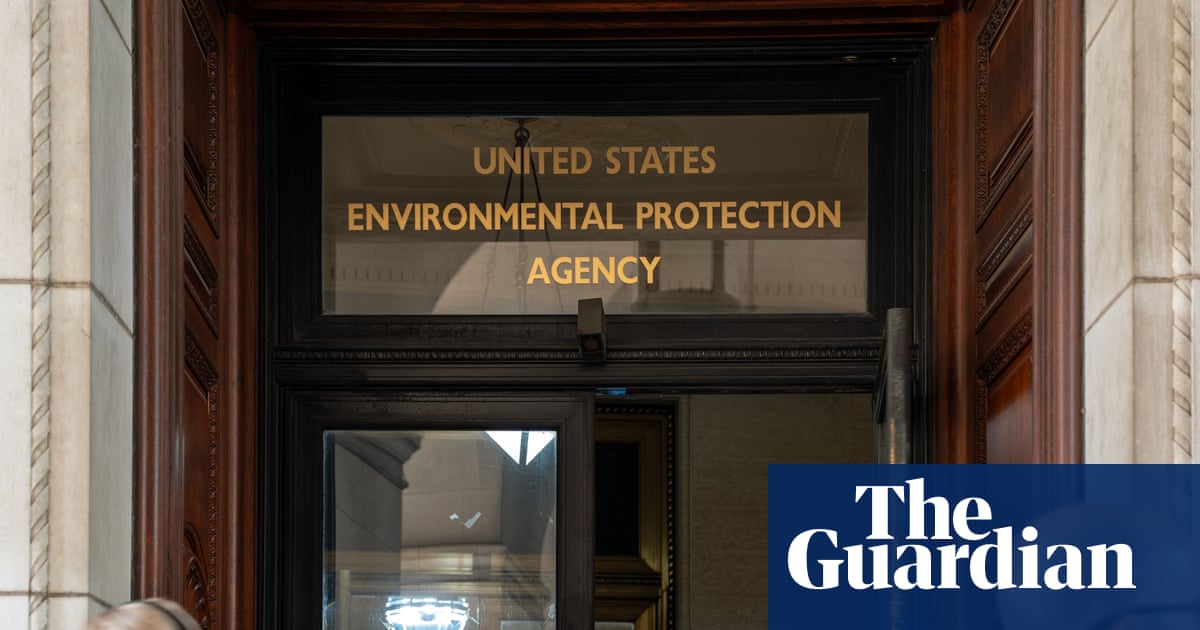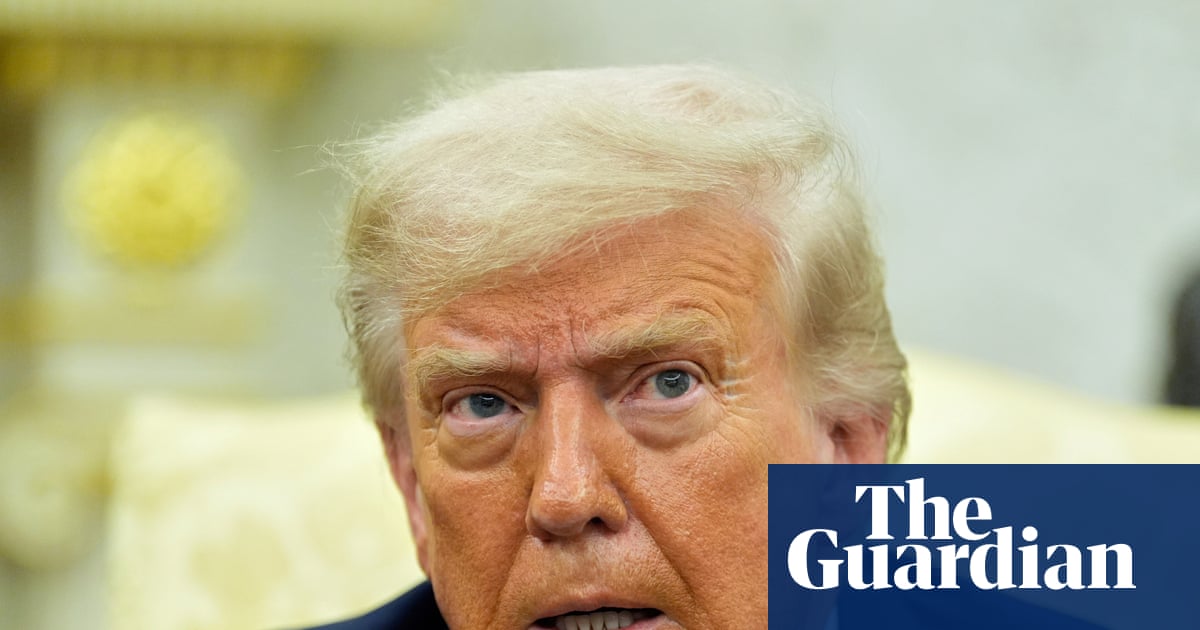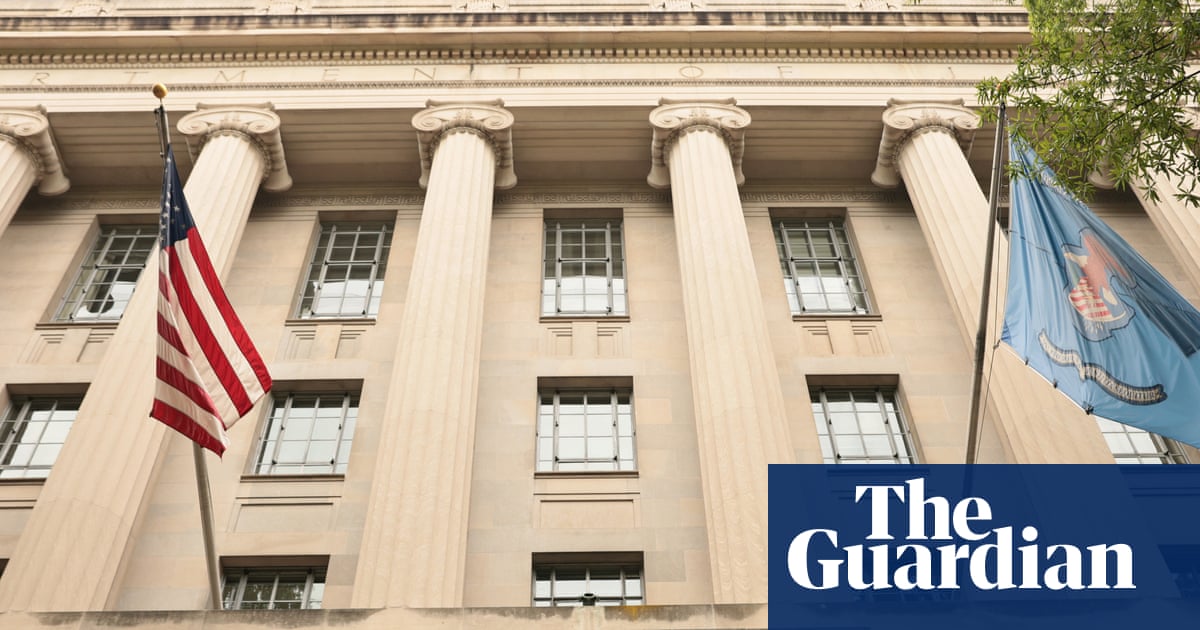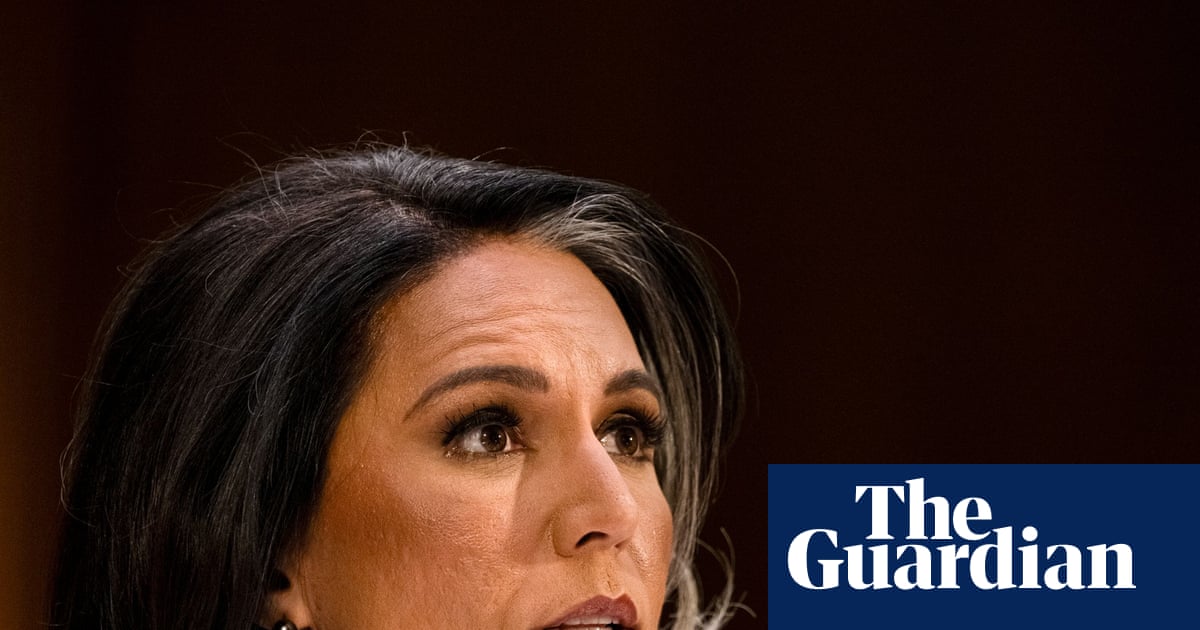The Trump administration’s “war on science” appears to have entered a new phase in the aftermath of a recent supreme court decision that empowered health and human services secretary Robert F Kennedy Jr, a prominent vaccine sceptic, and other agency leaders, to implement mass firings – effectively greenlighting the politicization of science.
The decision comes as Kennedy abruptly canceled a scheduled meeting of a key health care advisory panel, the US Preventive Services Task Force, earlier this month. That, combined with his recent removal of a panel of more than a dozen vaccine advisers, signals that his dismantling of the science-based policymaking at HHS is likely far from over.
“The current administration is waging a war on science,” warned Celine Gounder, a professor of medicine and an infectious disease expert at New York University in a keynote talk in May to graduates of Harvard’s School of Public Health.
“Today we see rising threats to the public health institutions that have kept our world safe for generations,” she said, citing “cuts to research that benefits the lives of millions, looming public health emergencies that are not being addressed with the urgency they demand, and a continued coordinated attack on the very idea of the scientific process.”
Gounder added: “Over the past few months, we have seen the Trump administration engage not only in medical misinformation, but in active censorship of scientific discourse.”
Since he took the helm at HHS, Kennedy’s unscientific views on vaccines and some other medical matters coupled with the agency’s widespread research and staff cuts, have prompted protests from scientists inside and outside HHS plus lawsuits.
Medical experts say Kennedy’s policies are helping “sow distrust in vaccines” as measles cases soar to a more than three decade high, hurt vital healthcare research with draconian cuts, and helped foment a Trump administration “war on science” mentality.
Kennedy sparked a firestorm in June by ousting 17 members of the Advisory Committee on Immunization Practices, which recommends vaccines to the Centers for Disease Control and Prevention and votes to provide updates to its vaccine schedule. He then named a new eight person vaccine panel – half of whom share Kennedy’s distrust of vaccines – who quickly retracted recommendations for flu vaccines containing an ingredient which many anti-vaxxers have falsely connected to autism.
That move sparked sharp criticism from veteran doctors with a national pediatric group, which opted to boycott its first meeting.
“Among the reasons we decided not to participate was because it clearly appeared to be an orchestrated effort to sow distrust in vaccines,” Sean O’Leary who chairs a committee on infectious diseases with the American Academy of Pediatrics, told the Guardian.
Dissent has also spread at the National Institutes of Health, where dozens of science researchers and other staff in June released a detailed document, dubbed the Bethesda Declaration, warning that key missions of the premiere research agency at HHS were being damaged by the Trump administration’s budget cutting.
Even before these moves, prominent healthcare scholars were sounding loud alarms about some HHS policies and the administration’s anti-science mentality – including its draconian budget cuts for research and staff cuts totaling over 10,000.
Gounder said there has been a “flood of Orwellian doublespeak from public health agencies”, contributing to declining vaccination rates and making Americans more susceptible to diseases like measles, which recently hit a level not seen since 2000 when measles was declared eliminated in the US.
Her critique has been amplified by public protests from healthcare experts troubled by its vaccine policies and large cuts to research and staff at the Food and Drug Administration, the NIH and other parts of HHS.
On a separate legal front, a Rhode Island federal court in July ruled against HHS and Kennedy and put a temporary stop to the drastic revamping of HHS and some of its staff cuts.
The ruling provided a court victory to a group of 19 Democratic state attorneys general, plus the District of Columbia, which in May sued Kennedy – plus other HHS leaders such as the FDA commissioner and the CDC’s acting director – attacking the restructuring as an “unconstitutional and illegal dismantling” of the agency. Kennedy, they alleged, has “systematically deprived HHS of the resources necessary to do its job”.
The Rhode Island judge wrote that as members of the executive branch, Kennedy and the HHS do “not have the authority to order, organize, or implement wholesale changes to the structure and function of the agencies created by Congress”.
For his part, Kennedy in March issued a statement defending the early HHS move to cut 10,000 full-time jobs: “We aren’t just reducing bureaucratic sprawl. We are realigning the organization with its core mission and our new priorities in reversing the chronic disease epidemic.”
Those jobs have since been cut, as of Monday 14 July, after an 8 July order from the supreme court that allowed the restructuring plans to proceed. Many employees who were supposed to be laid off during the agency’s first round of 10,000 layoffs in April have been in limbo as the order made its way through the court system and later paused by federal judges. The reorganization, in addition to cutting staff, was supposed to consolidate the department’s 28 divisions into 15 and cut regional offices from 10 to five.
Democrats in Congress too have voiced strong alarms about the thousands of HHS job cuts and their adverse impacts on healthcare and science.
Ten congressional Democrats led by congressman Jamie Raskin of Maryland, whose district is home to thousands of NIH and FDA workers, wrote to Kennedy in March demanding the rehiring of thousands of illegally fired workers, warning of the “harmful consequences” for patient healthcare and science research.
Raskin told the Guardian that Kennedy and the Trump administration’s actions reveal a “complete disregard for the law making powers of Congress. Trump wants to be both the implementer of the laws and the legislative branch, but that is not his job. It’s totally unconstitutional. They’re trying to cut off funds that have been lawfully appropriated by Congress”.
O’Leary and many other medical experts warn that the dangerous ideologically driven cuts at HHS will have long-term consequences.
“What we’re seeing across HHS is deeply concerning,” said O’Leary “NIH funding has never been politically or ideologically driven, but clearly that’s what we’re seeing now. Those cuts are going to have serious consequences for our country and healthcare.”

 German (DE)
German (DE)  English (US)
English (US)  Spanish (ES)
Spanish (ES)  French (FR)
French (FR)  Hindi (IN)
Hindi (IN)  Italian (IT)
Italian (IT)  Russian (RU)
Russian (RU)  4 hours ago
4 hours ago
























Comments